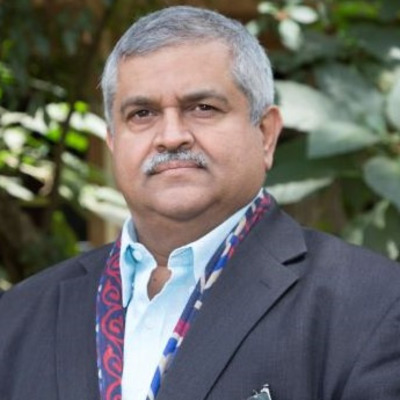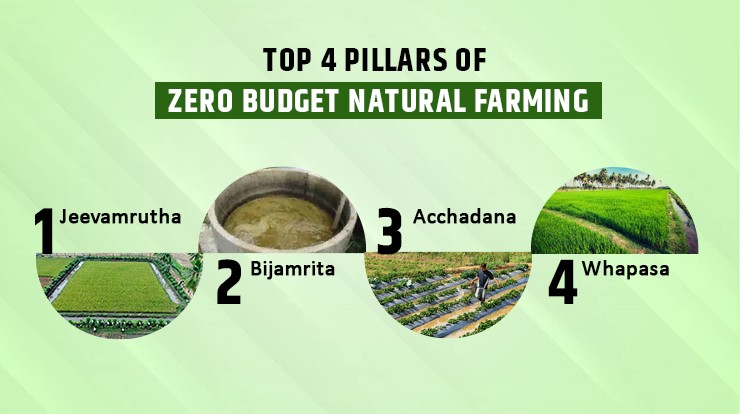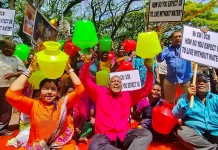The phenomenal success of natural farming in Andhra and Telangana has emboldened India to experiment it nationwide soon. If taken up seriously, India could be at the forefront of green economy transition in a decade, avoiding throwing up more than a billion tons of CO2 into the atmosphere.
Satya S Tripathi, Secretary General, Global Alliance for a Sustainable Planet – GASP, and a crusader for attracting global private funding for local sustainability projects, says Prime Minister Modi is impressed by Andhra’s pilot. One million farmers have transitioned to natural farming in the last four years and six million are waiting to do so. It’s interesting that 85 percent of these farmers are small tenancy holders.
Natural farming uses a mix of cow urine and cow dung with 200 seed varieties. It uses bio inoculation method. India has one of the largest bovine population in the world and sourcing the raw material will not be difficult. Also, it falls nicely within the ruling government’s agenda of protecting cows as sacred animals. It may also be the answer to minimize the menace of stray cattle eating up crops in north India. The state can also justify financing cattle care.
Speaking at the 10th Indiaspora conclave in Gurugram in August 2022, Mr. Tripathi said Natural Farming is science. It does not use any chemical fertilizers. It saves 80 percent of the costs currently incurred on chemical fertilizers. It uses 50 percent less water since chemical fertilizers need a lot of water. Natural farming could result in the rise of water table which are depleting dangerously across the country. However, productivity of farms could drop marginally by 10% initially and would be on par with using chemicals fertilizers. Natural farming is not organic farming. It does not depend on compost like organic farming does.
Speaking to SustainabilityNext, Mr. Tripathi said, we could potentially call this an Earth Revolution, not just second green revolution. The first green revolution in the 1970s and 80s has since turned into a black revolution in India. Farmers are struggling to move away from chemical fertilizer-led farming, not because they don’t want to, but because of systemic constraints. The State and central governments are finding it extremely difficult to enable the transition.
India has 120 million land holding and 175 million hectares of land available for farming, considering the largest in the world. Natural farming has the potential to revitalize village economy and improve incomes.
One of the biggest impacts of natural farming is its ability to also revitalize organic content of soil. The organic content of soil in India and in most parts of the world is at dangerous levels at a mere 0.50 percent. If soil quality is not improved, Mr. Tripathi warns, human extinction is just 50 crop cycles away. The earth needs a minimum of 2.5 to 3 percent organic content in the soil for it to be able to sustain. The healthy percentage is 5 to 6 percent of organic content in the soil.
The world is taking natural farming’s success in India seriously. For example, German funding agencies have loaned Euro 300 million recently to Andhra at a nominal interest of 0.5%, to speed up transition to natural farming. “There is no lack of funds in the world if the narrative and the goals are clear,” Mr. Tripathi strongly believes.
Support Green Journalism
SustainabilityNext crossed its 100th Edition in October 2022. Since April 2013, every month, SN has been publishing action-oriented green entrepreneurial stories, sharp interviews with change leaders and incisive book reviews. We wish to make it a fortnightly shortly.
SN Youth, launched in June 2021, is turning into a platform for the youth to share their green journey and inspire others.
SN launched India’s first Green Literature Festival in July 2021 to celebrate and grow environmental writing and reading among the youth, executives and entrepreneurs.
You will agree that only awareness is not enough. The world today needs action NOW to save itself. Support our efforts to drive climate action by reaching a million readers by December 2023.











